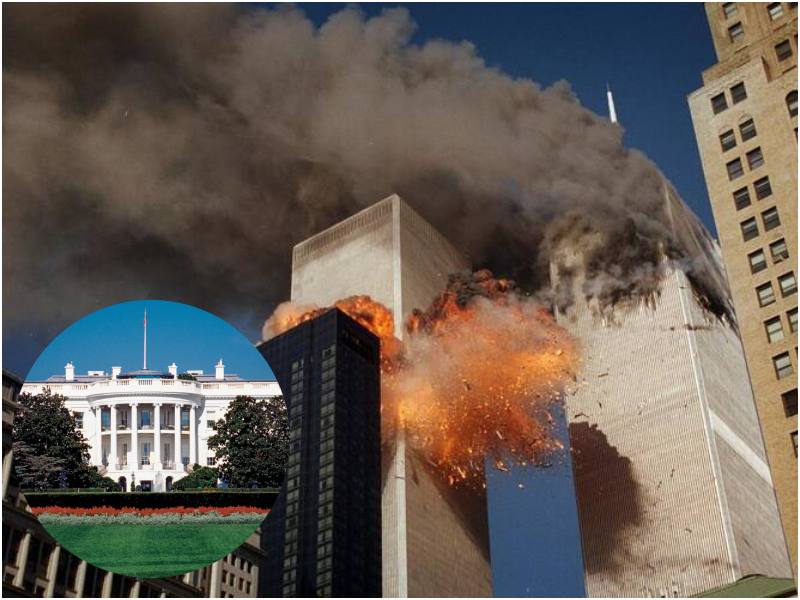In a move that has sparked widespread controversy, U.S. lawmakers are probing the White House’s involvement in a plea deal struck with three key figures accused of orchestrating the September 11, 2001, terror attacks.
The House Oversight Committee, led by Chairman James Comer (R-KY), announced the investigation following revelations that Khalid Shaikh Mohammed, Walid Bin ‘Attash, and Mustafa al Hawsawi would avoid the death penalty in exchange for pleading guilty.
A letter sent to the families of 9/11 victims revealed the terms of the agreement.
The three accused have admitted guilt to all charges, including the murder of nearly 3,000 people, in return for life sentences determined by a military panel.
The deal also includes provisions for the accused to respond to questions from victims’ families about their roles in and motivations for the attacks.
The investigation seeks to clarify the Biden Administration’s potential involvement in the decision to offer plea deals in such a high-profile case. Comer expressed skepticism over the administration’s claims of non-involvement, particularly given the gravity of the decision.
“That White House officials and you, as President and Commander in Chief, would seek to distance your Administration from this decision is understandable given how absurd it is, but it is far from believable or appropriate,” Comer stated.
The White House has consistently denied any involvement in the plea negotiations. National Security Advisor Jake Sullivan reiterated this position, stating:
“The president had no role. The vice president had no role. I had no role. The White House had no role.”
Sullivan added that they were informed of the plea agreement on the same day it was publicly disclosed.
The plea deal has drawn criticism from various quarters, particularly from those who lost loved ones in the 9/11 attacks. Comer and others argue that the lack of transparency surrounding the agreement undermines public trust and sends a troubling message to adversaries about the United States’ commitment to justice.
Comer highlighted concerns that “the specific terms of the pre-trial agreements remain undisclosed to the public or families of the victims,” suggesting that this could signal a reluctance to fully pursue justice against those responsible for the attacks.
In addressing the emotional and controversial nature of the plea deal, military prosecutors acknowledged the decision’s divisive impact.
They stated:
“The decision to enter into a pre-trial agreement after 12 years of pre-trial litigation was not reached lightly; however, it is our collective, reasoned, and good-faith judgment that this resolution is the best path to finality and justice in this case.”
As the investigation unfolds, the scrutiny over the administration’s role—or lack thereof—in this critical legal decision will likely intensify.
The case continues to be a poignant and sensitive issue, deeply resonating with many Americans nearly two decades after the tragic events of September 11, 2001.

